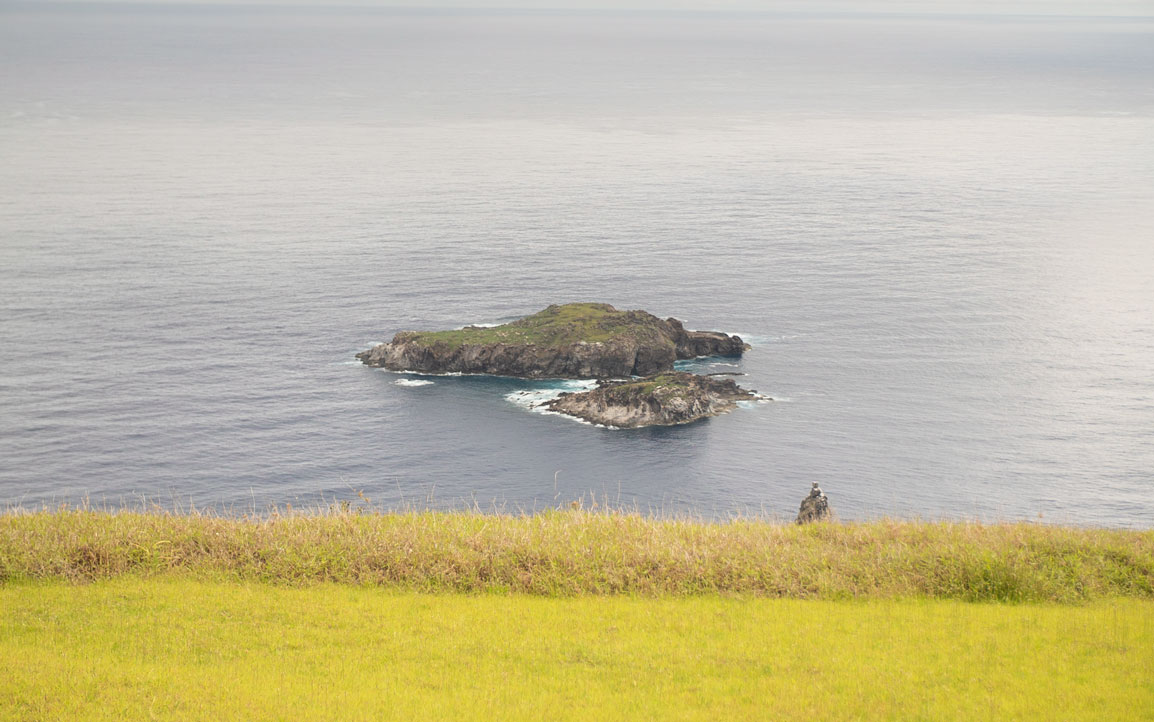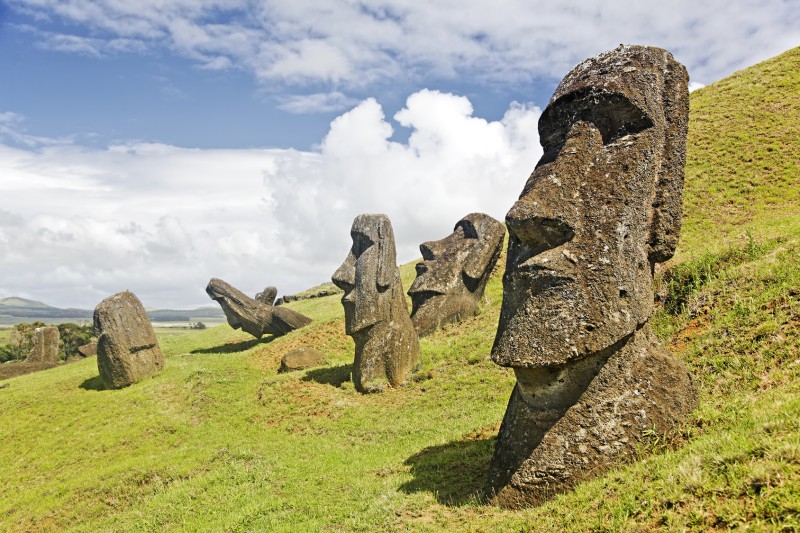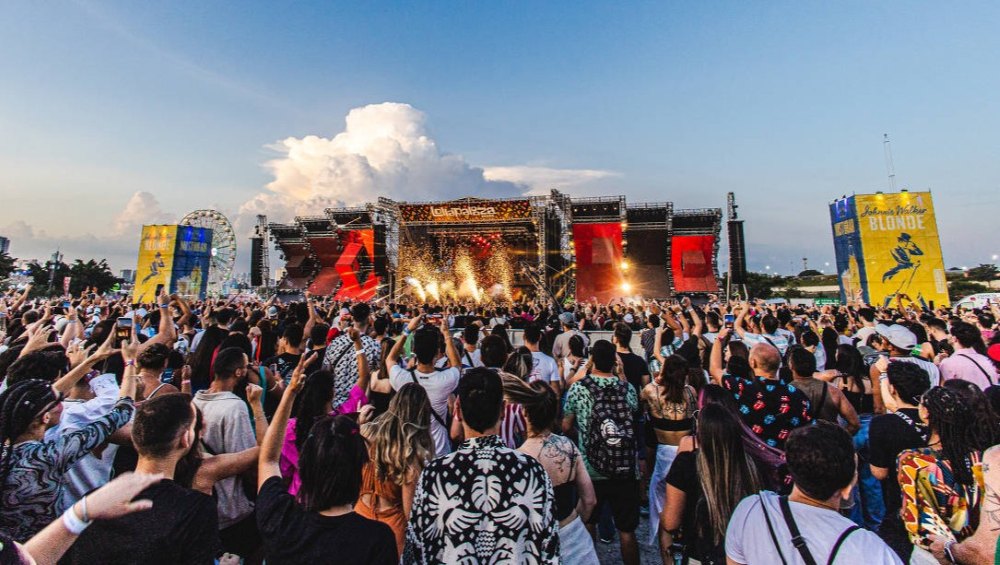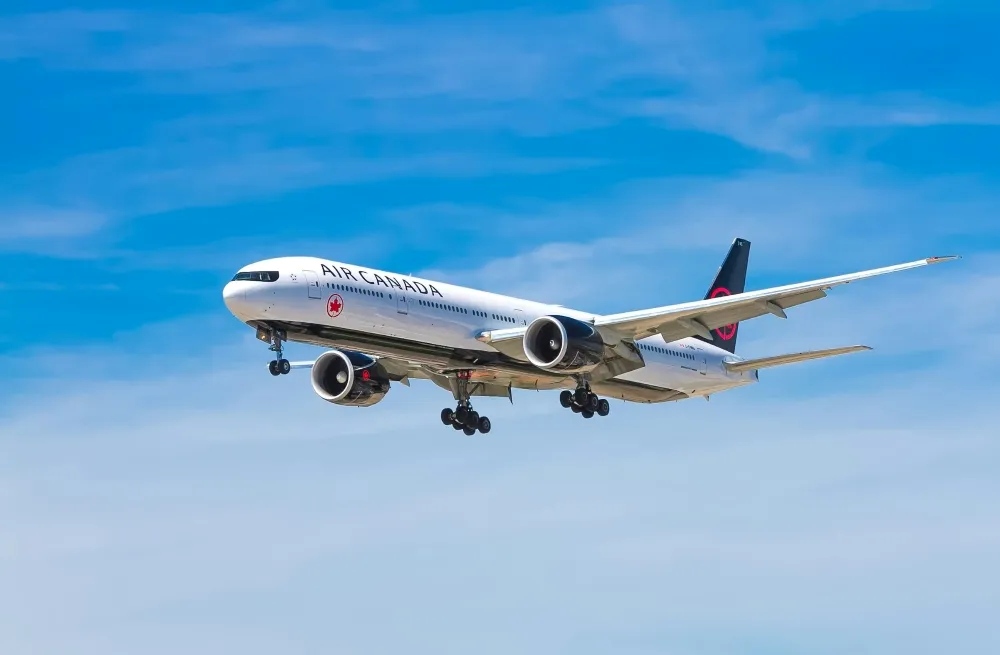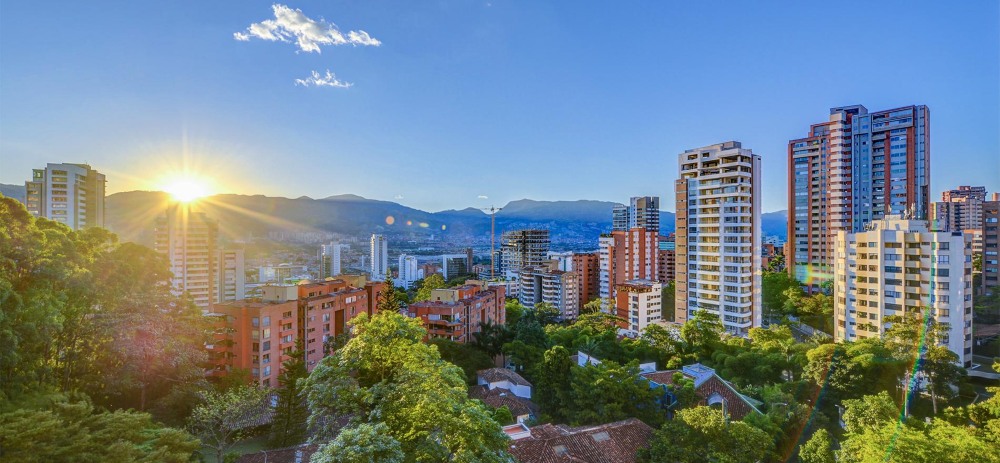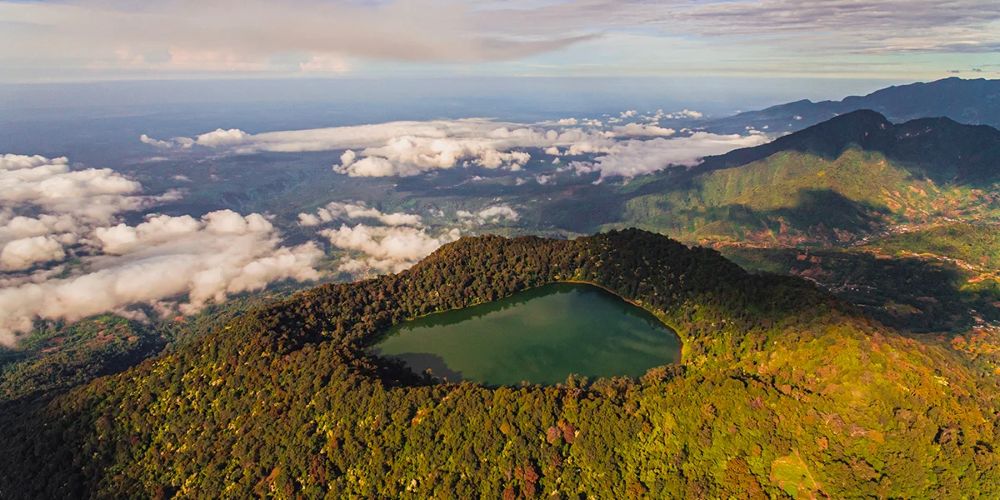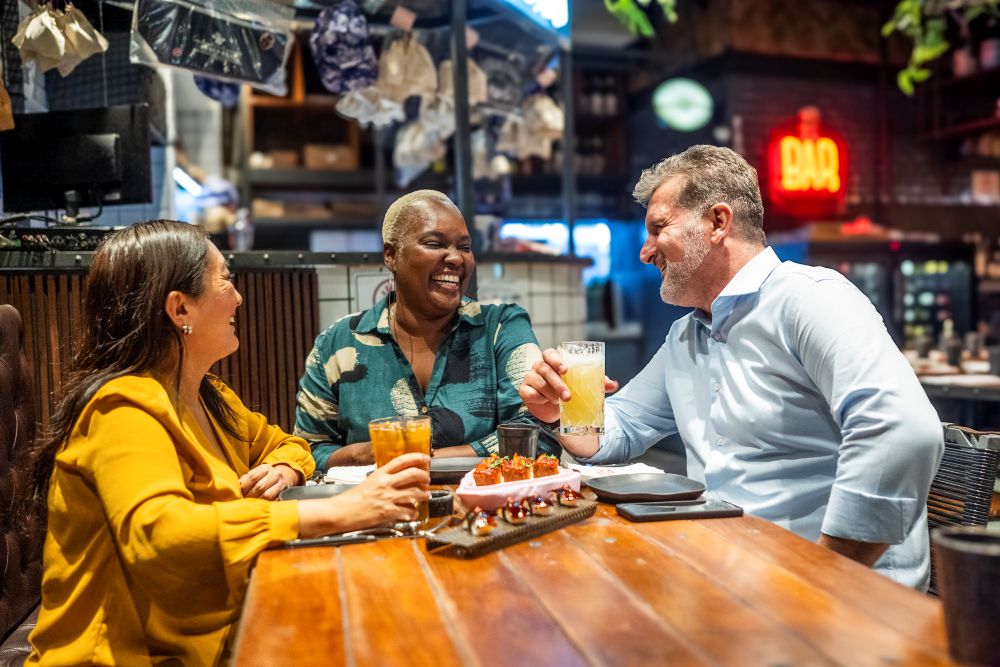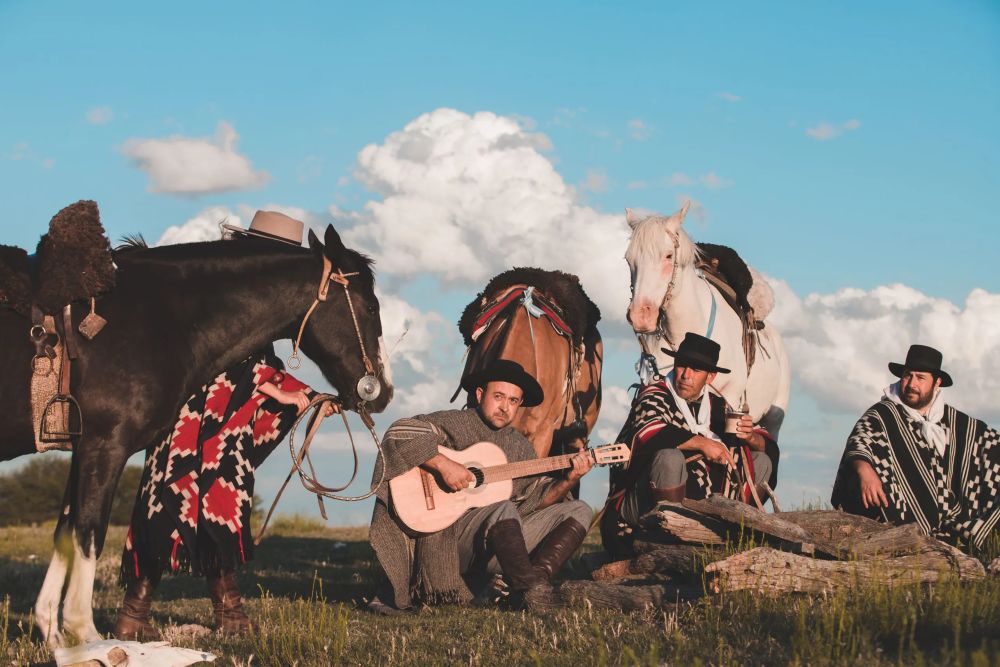Text by Camilo Gomez of the blog Les Nouveaux Vagabonds – first published www.elcafelatino.org
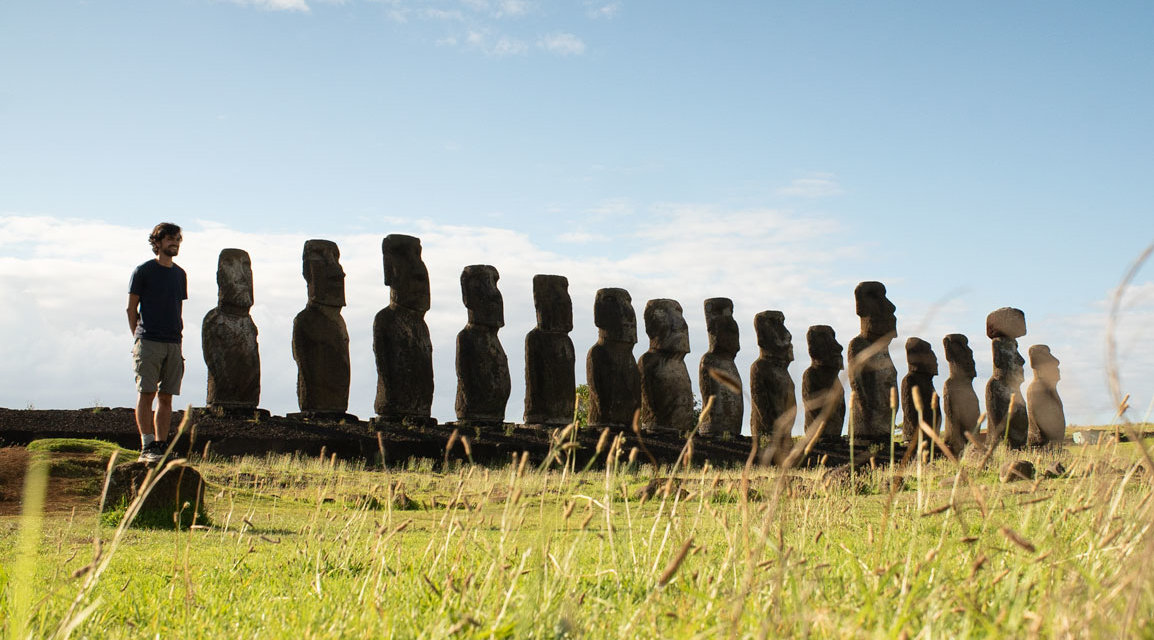
We all have a country in the corner of our mind that makes us dream and that interferes in our thoughts when we want to escape. At 3500 km from the Chilean coast, in the middle of the Pacific Ocean, we never thought we would land in one of the most isolated places in the world: Easter Island (or Rapa Nui in pascuan).
This isolation has not prevented the island from acquiring a great reputation. Travelers come from the other side of the world to discover the enigmatic figures that stand everywhere on the island and are found nowhere else: the Moai.
Iorana: this Pascuan word for hello sounds like an invitation, we accept it. Let’s go together to discover the mysteries of this volcanic island and its immense sculpted monoliths, symbols of Rapa Nui.
An uncertain past
Rapa Nui, Hawaii and New Zealand form an imaginary triangle of islands in the middle of the Pacific: Polynesia. This triangle is the result of the migration of great Polynesian navigators through the ages. They could detect the mainland long before they could see it by scanning the shape of the waves and clouds and by following the birds and stars.
The early Pascuans were probably descendants of the Marquesas Islands, but much about their culture is unknown. Their tradition was mainly oral, and the only known form of writing was lost when the knowledge holders were deported by slave traders.
There are still plates that no one can decipher! All these dark areas in the past of Rapa Nui contribute to the mysteries that hover around this enigmatic island.
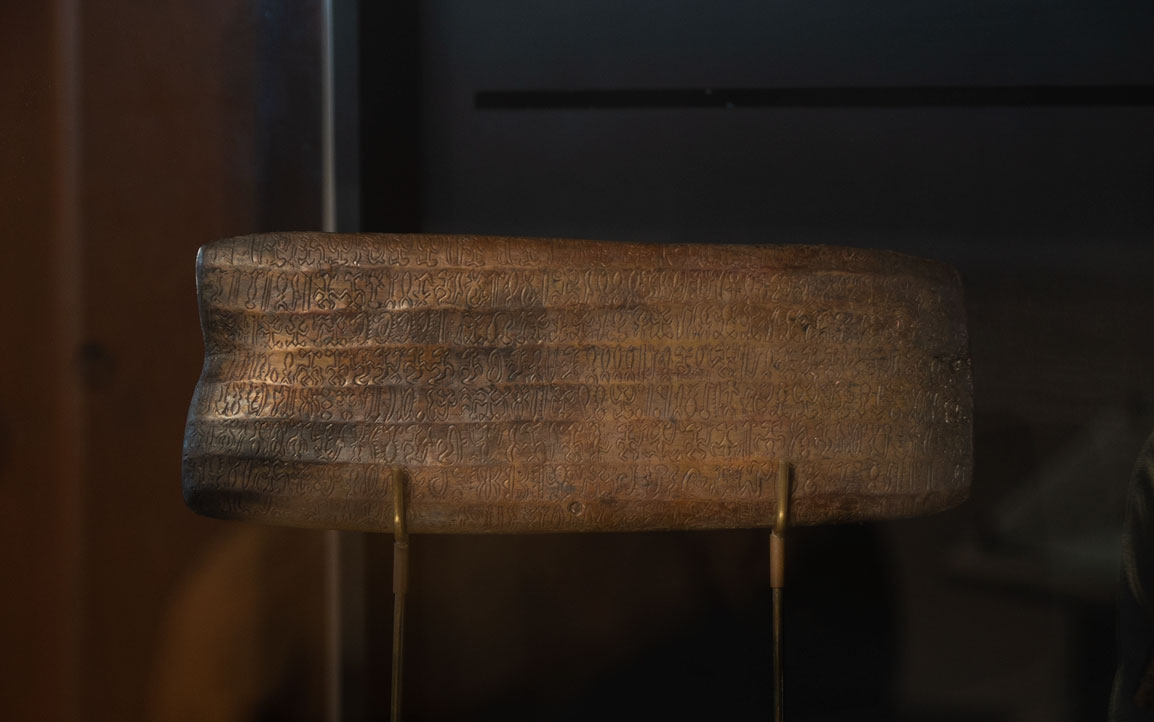
The Moai, symbol of Rapa Nui
Easter Island has about 900 Moai. Some are upright, others are unfinished and partly buried underground, and many have been knocked down by clan wars. The smallest of the erected Moai measures 1.13 m while the largest reaches 9.80 m and weighs more than 74 tons!
Manufacture
The vast majority of the statues were sculpted in the quarry of the Rano Raraku volcano. It is estimated that a team of sculptors could take up to two years to complete a large mosaic. Each statue was carved from volcanic tuff, a stone as easy to work with as wood.
The mystery of transportation
Specialists continue to tear their hair out: how did the islanders manage to move these colossi, which could weigh up to 80 tons, without wheels or draught animals to help them? Several theories have been put forward: logs to make them roll, ropes to make them waddle, sledges to pull them. No certainty. Perhaps they walk as the legend has it?
Meaning and utility
The Moai are representations of the founding ancestors of each clan. They are always placed with their backs to the sea, facing the village and the inhabitants (with one exception) in ceremonial centres. Once installed, the eyes were carved and placed to revive the mana (soul) of the Moai and protect the tribe.
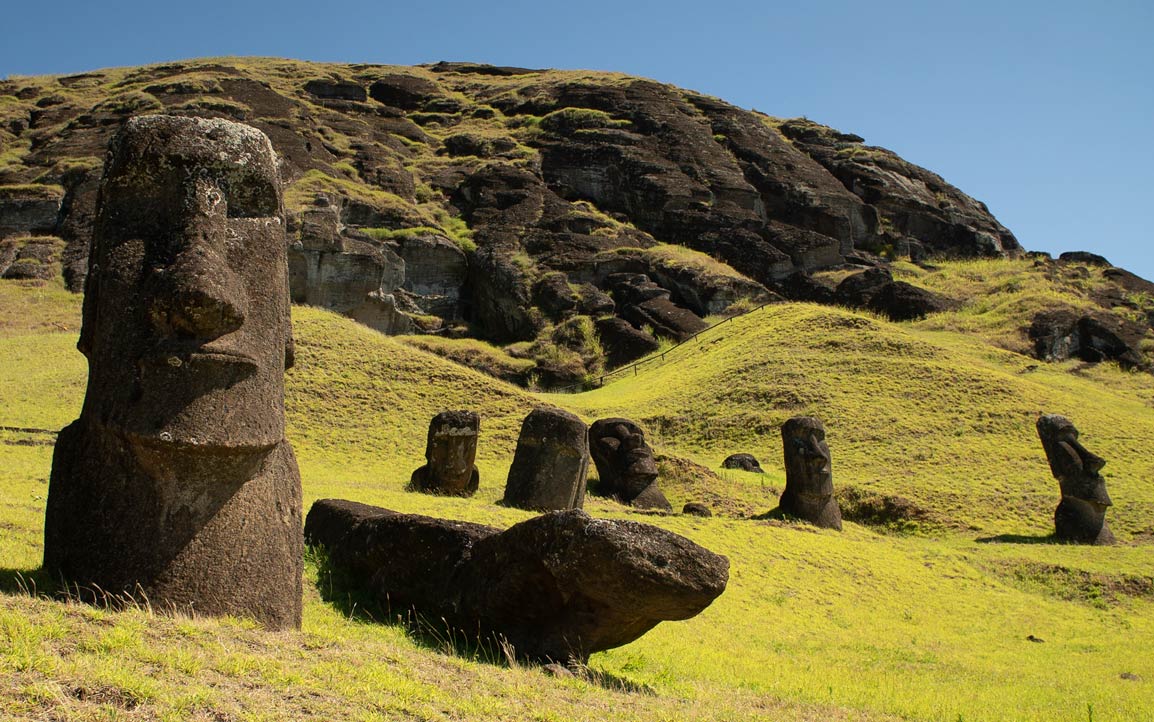
Recently, a study has given these figures another, more down-to-earth purpose: the construction would have helped to promote soil fertility and agriculture. The Rano Raraku quarry would not only have been used to extract rock and sculpt the Moai, but also to grow crops essential for the survival of the inhabitants thanks to the rock extraction process.
The cult of the bird man
The Moai cult gradually lost its importance and was replaced by an equally unique cult: the cult of the birdman. Once a year, a competition was held between representatives of each tribal chief. The participants had to find the first egg of a tern bird on an islet 2 km in front of Rapa Nui.
It was quite an ordeal: they had to swim to the island, fight off waves and sharks and return with the egg intact by climbing a 300m cliff. The winner earned the prestigious title of bird man and had to live in seclusion for a year because of its sacredness, with no one allowed to approach or look at it!
